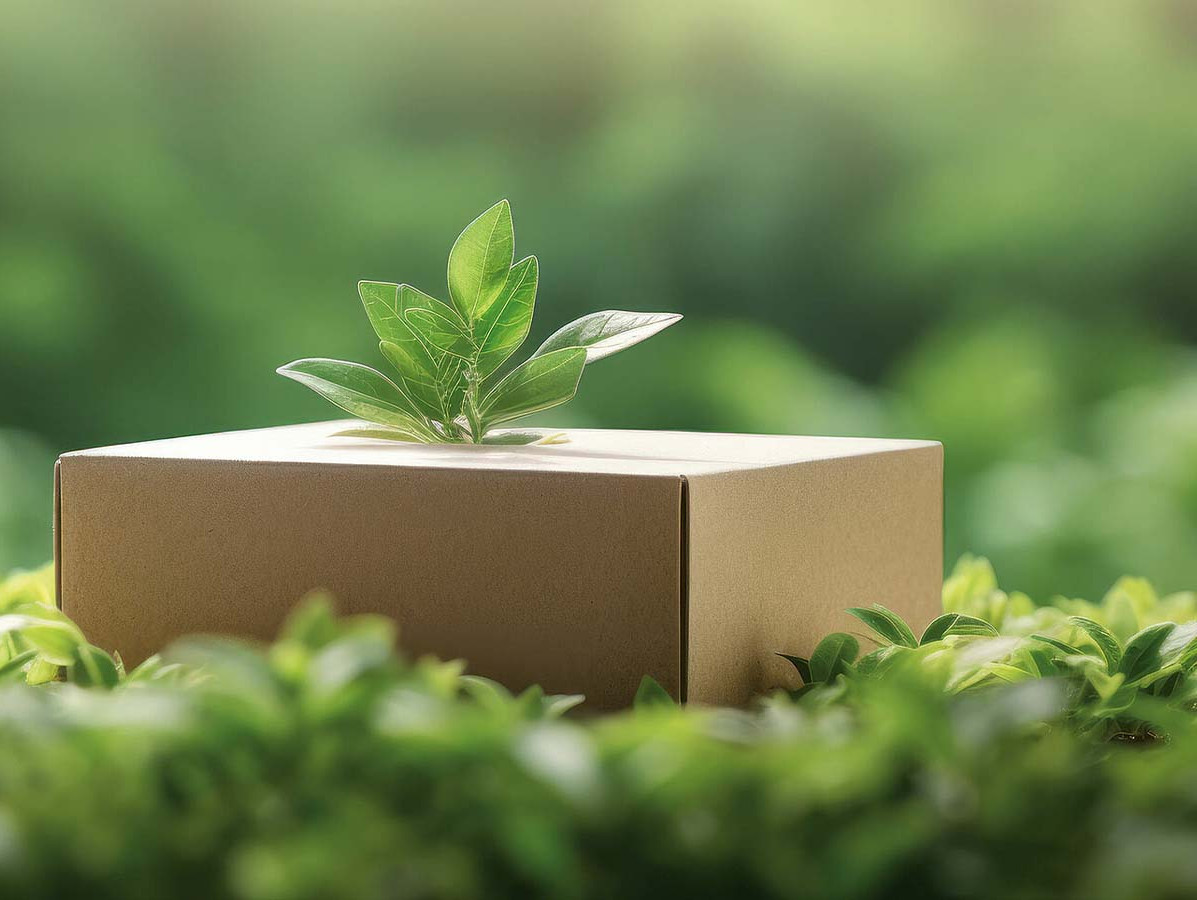
The food industry grapples with the imperative to transform food packaging. How can companies make their packaging more sustainable without compromising consumer preferences? The DLG's groundbreaking study, ‘Sustainable Packaging 2024,’ conducted in collaboration with Münster University of Applied Sciences, unravels the complexities of this pressing issue. Offering a roadmap based on consumer insights and corporate strategies, this study delves into the current landscape and provides actionable steps for businesses navigating the challenging terrain of sustainable food packaging.
Understanding the consumer's role in driving sustainable packaging is crucial. The study reveals that while 79% of consumers acknowledge the urgent need for improved environmental friendliness in food packaging, it is just one factor among many in their decision-making process. The survey of 1,000 consumers in spring 2023 underscores that taste, quality, and price are equally or more influential. Furthermore, the study emphasizes the importance of effective communication about packaging's environmental benefits to bridge the gap between consumer awareness and behavior.
The study delves into consumer information behavior regarding environmental aspects of food packaging. Two-thirds of consumers express a desire for more information on packaging's environmental aspects. Clear and comprehensible claims directly on packaging, such as the Green Dot (76%), reusable label (76%), and recycling triangle (74%), are preferred. The study emphasizes the need for transparency in claims, linking comprehensibility to purchasing relevance. The varied impact of claims underscores the importance for companies to carefully choose labels to maximize market potential.
Highlighting the industry's commitment, the study indicates that 49% of surveyed companies have a strategy for environmentally friendly packaging, with an additional 24% actively developing one. The motivation behind these strategies is primarily to enhance environmental protection, improve corporate image, and boost competitiveness. Goals include increasing recyclability and reducing material and energy usage. Despite successful implementation of new packaging solutions, companies face obstacles such as consumer reluctance to pay more, limited availability of alternative materials, and additional costs.
DLG's three-part study, ‘Sustainable Packaging 2024,’ provides a comprehensive overview of the challenges and opportunities surrounding sustainable packaging in the food industry. The findings will be presented at the "Sustainable Packaging" special show at ProSweets Cologne, offering valuable insights for companies seeking to align their practices with evolving consumer expectations and environmental concerns. Join us in exploring this blueprint for change in an era where sustainability is not just an option but a necessity.
Source: DLG